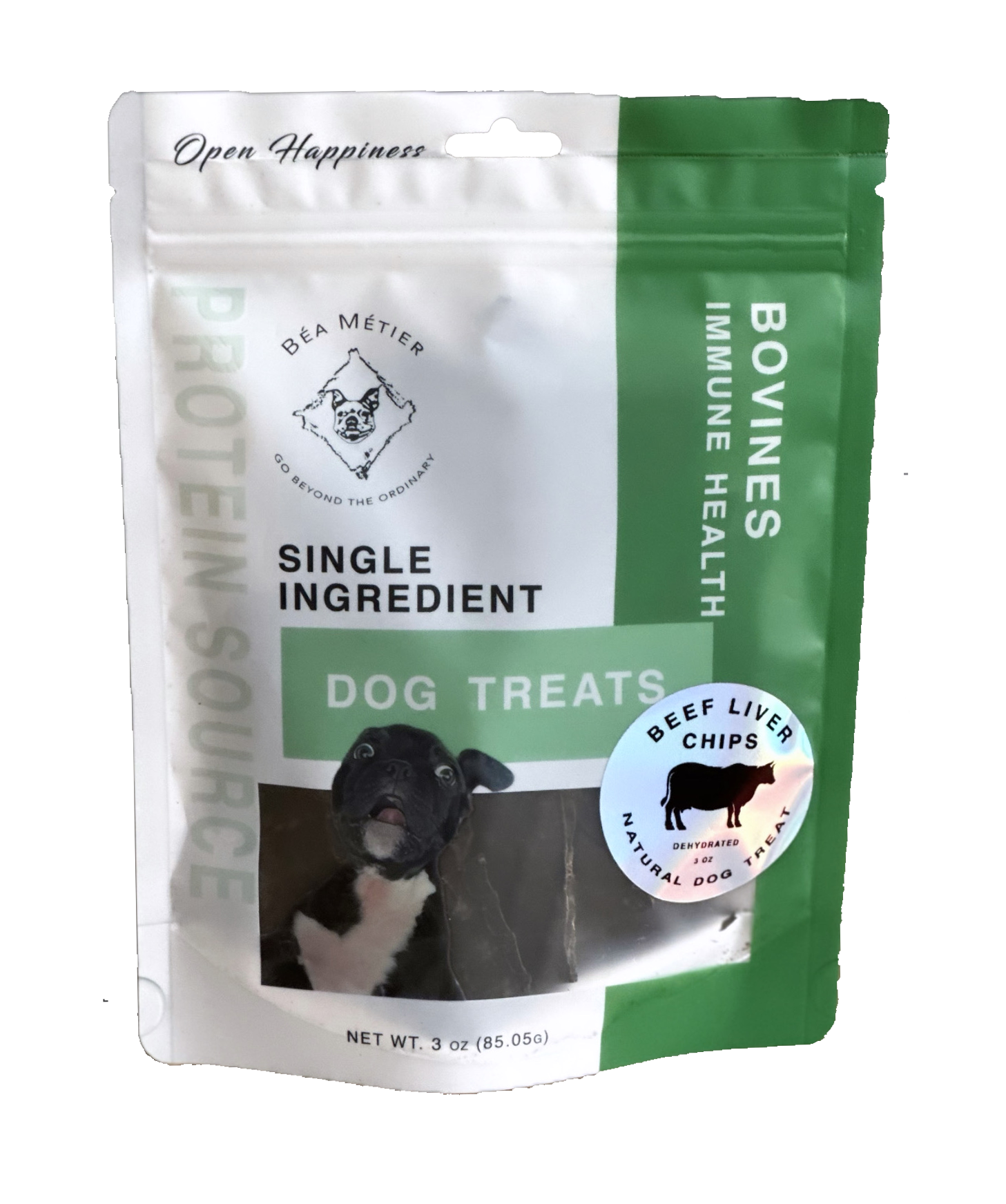Are Dog Poop Waste Bags Sanitary?
Understanding Proper Usage and Disposal
Dog poop waste bags are an essential tool for responsible pet owners, enabling them to clean up after their canine companions while maintaining cleanliness and hygiene in public spaces. However, questions about the sanitary aspects of these bags often arise. In this article, we will explore the sanitation of dog poop waste bags and provide insights into their proper usage and disposal to ensure a clean and safe environment for everyone.
Purpose and Composition of Dog Poop Waste Bags:
Dog poop waste bags are specifically designed to collect and contain pet waste efficiently. These bags are typically made from durable materials such as plastic, biodegradable plastics, or compostable materials. They come in various sizes and designs, allowing pet owners to choose the most suitable option for their dogs.
Sanitary Considerations:
a) Contact with Waste: Dog poop waste bags serve the purpose of isolating and containing pet waste during cleanup. When used correctly, they minimize direct contact between the waste and the user's hands, reducing the risk of potential contamination.
b) Strength and Leakage Resistance: High-quality dog poop waste bags are designed to be tear-resistant and prevent leakage. This design ensures that the waste remains securely contained within the bag during disposal, further minimizing the risk of spreading germs or bacteria.
c) Biodegradable and Compostable Options: Many dog poop waste bags are available in biodegradable or compostable variants. These options provide an environmentally friendly way to dispose of pet waste, as they break down naturally over time.
Proper Usage and Disposal:
To ensure the sanitary handling of dog poop waste bags, pet owners should adhere to the following guidelines:
a) Immediate Cleanup: Clean up after your dog as soon as possible. Leaving pet waste in public spaces can not only lead to unsanitary conditions but may also violate local regulations and etiquette.
b) Secure Closure: Tie the bag securely after picking up the waste to prevent leakage or accidental spillage. Double-bagging can provide an extra layer of protection if needed.
c) Use Designated Trash Bins: Dispose of the sealed bag in designated trash bins specifically allocated for pet waste. Avoid placing dog poop bags in regular trash bins meant for other types of waste.
d) Composting Options: If using biodegradable or compostable dog poop waste bags, check if your local composting facility accepts pet waste. Proper composting will ensure the waste breaks down naturally without harming the environment.
Environmental Impact:
Using dog poop waste bags responsibly not only ensures sanitation but also helps maintain the cleanliness of public spaces and prevents the spread of harmful bacteria. Opting for biodegradable or compostable bags can also reduce the environmental impact of pet waste disposal.
In conclusion, dog poop waste bags are an effective and sanitary solution for pet owners to clean up after their dogs responsibly. When used correctly, these bags minimize direct contact with waste and effectively contain it to prevent contamination and unsanitary conditions. By choosing biodegradable or compostable options and following proper disposal practices, pet owners can also contribute to a cleaner and more eco-friendly environment. By prioritizing sanitation and responsible waste management, dog owners can enjoy their outings with their beloved pets while keeping public spaces clean and hygienic for everyone.
If you are searching for a quality dog poop waste bag that is eco-friendly and biodegradable, look no further! Click POOP WASTE BAGS





